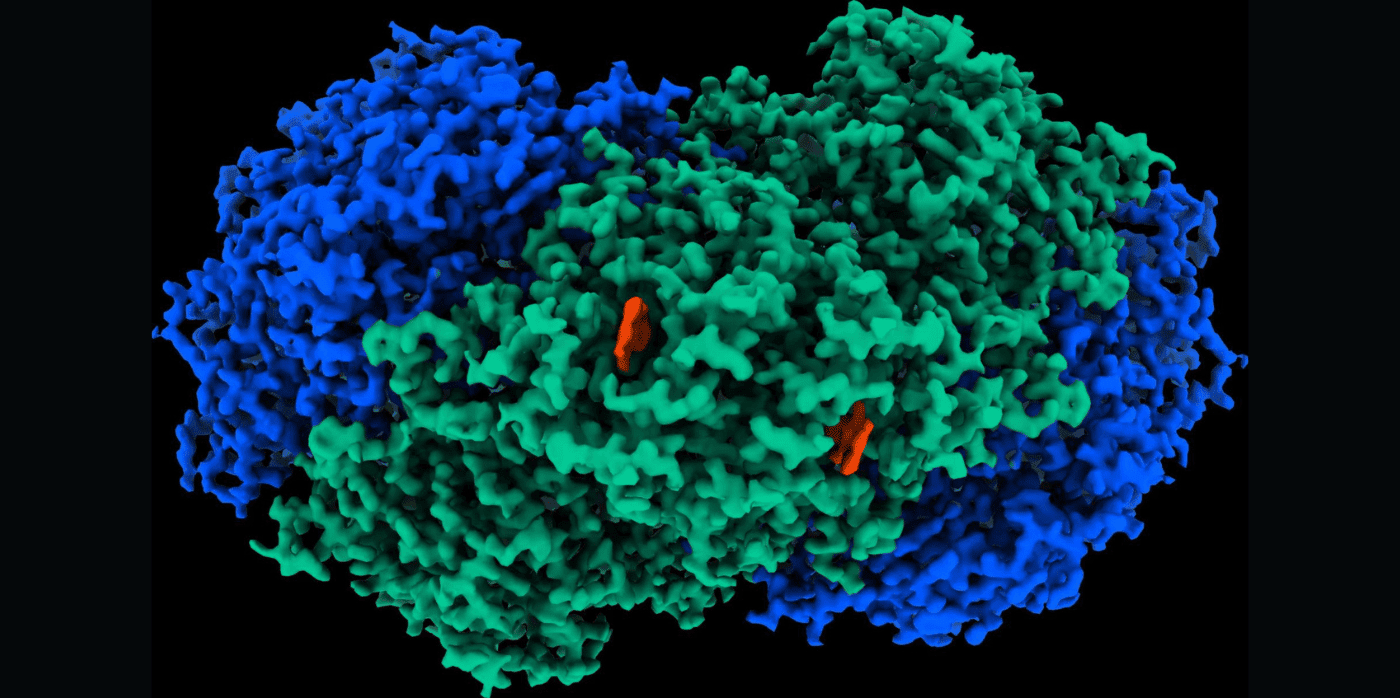
Spotted: Many bacteria use hydrogen from the atmosphere as an energy source in nutrient-poor environments. And now, Australian researchers have demonstrated that an enzyme, called Huc, can turn hydrogen gas into an electrical current.
The research team, led by Dr Rhys Grinter, PhD student Ashleigh Kropp, and Professor Chris Greening from the Monash University Biomedicine Discovery Institute in Melbourne, Australia, isolated the Huc enzyme from a common soil bacterium, Mycobacterium smegmatis. They also found that the enzyme can generate electricity at hydrogen concentrations well below atmospheric levels — as low as 0.00005 per cent of the air we breathe.
To make their discovery, the researchers used advanced microscopy to reveal the enzyme’s structure and electrical pathways, and electrochemistry techniques to prove that the enzyme created electricity even with minimal amounts of hydrogen. Molecular modelling and simulations were also used in the research.
Additional work demonstrated that purified Huc is very stable and can be stored for long periods. In nature, the enzyme helps bacteria to survive in the most extreme environments. This means it can be frozen or heated to 80 degrees Celsius, and still retain its power to generate energy.
The energy-producing bacteria join a host of recent innovations spotted in the Springwise archive that involve microbes. These include cold-loving microbes that can digest plastic and microbes that can produce food-grade proteins.
Written By: Lisa Magloff

